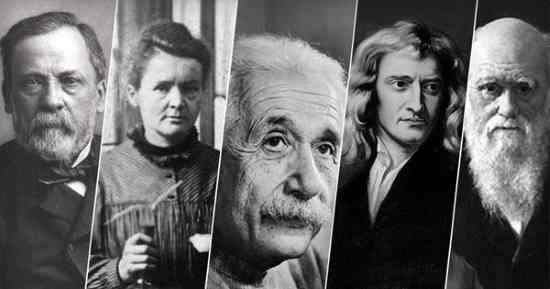

Sir Isaac Newton was an English physicist, mathematician, astronomer, natural philosopher, alchemist, and theologian. His monograph Philosophiae Naturalis Principia Mathematica, published in 1687, lays the foundations for most of classical mechanics. In this work, Newton described universal gravitation and the three laws of motion, which dominated the scientific view of the physical universe for the next three centuries. Newton showed that the motions of objects on Earth and of celestial bodies are governed by the same set of natural laws, by demonstrating the consistency between Kepler's laws of planetary motion and his theory of gravitation, thus removing the last doubts about heliocentrism and advancing the Scientific Revolution. The Principia is generally considered to be one of the most important scientific books ever written (source: wikipedia.org)
Inventors 1600 - 1699 (birth dates)
Otto von Guericke
(1602-1686)
German
vacuum pump
James Gregory
(1638-1675)
Scottish
reflecting telescope
Isaac Newton
(1642-1727)
British
reflecting telescope (which reduces chromatic aberration)
Bartolomeo Cristofori
(1655-1731)
Italian
piano
Christopher Polhem
(1661-1751)
Swedish
the modern padlock
John Hadley
(1682-1744)
British
the sextant
John Harrison
(1693-1776)
British
marine chronometer